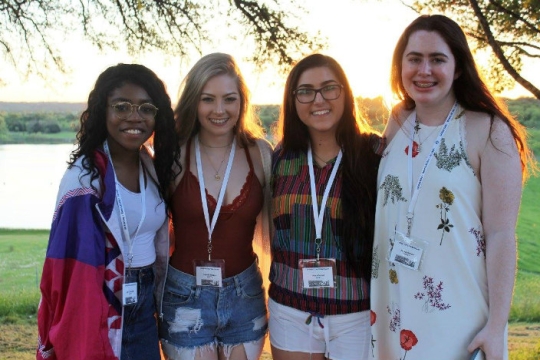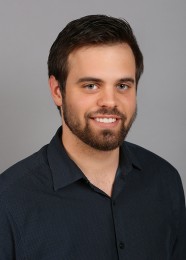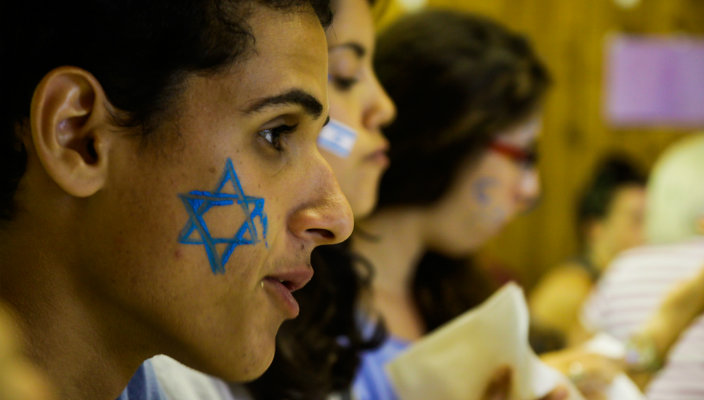
The Journal of Youth Engagement asked 8 authors to respond to a question that’s been on our minds. Read their responses, and let us know what you think.
The concept of home and homeland has been central to Judaism from our very beginnings as a people and as a religion. As a people we are known as Israel, and we also maintain a sacred connection to the place known as Israel. Our relationship with Israel has a long history in our texts, traditions, rituals, calendars and experiences. We want our youth to develop a strong understanding and connection to the land and people of Israel, in part to deepen their relationship to Judaism more broadly.
When it comes to teaching our youth about Israel, how do we foster both a deep love and a nuanced understanding of the issues at the same time? How and when do we teach a view of Israel to our children that embraces her beauty and history, her challenges and shortcomings? How do we equip our youth to learn, to enquire, and to develop their own informed understanding of her complexities? How do we teach the full story while fostering a love for our homeland?
***
Two years ago, I became a full-time Israeli Shaliach at Temple Beth Sholom in Miami Beach. For the past three summers, I’ve also served as the head of the Israeli delegation at URJ Camp Coleman near Atlanta, Georgia. My job is to strengthen the bond between Israel and local communities in North America. Israel is clearly my home, but how can I help others feel closer to it?
One of the toughest moments for me at my job was in the summer of 2014, during Israel’s Operation Protective Edge. Working at Camp Coleman at the time, our Israeli delegation was shaken up. We wanted to provide a positive Israel experience for our campers while we were processing real issues happening back home. Thankfully, Camp Coleman chose to open up the conversation, allowing the Israeli delegation the chance to teach the complexities both sides of the conflict were experiencing. We organized a Lunch and Learn program for camp counselors, and exposed the older campers to moral dilemmas in the crisis. Younger campers wrote letters to Israeli soldiers, wishing them luck and sending their love and support across the ocean. The IDF later posted pictures of those very letters on their Facebook page, showing them taped to their tanks. The campers realized how, even from thousands of miles away in the diaspora, every one of us can show their support. In camp solidarity, we wore red for a day, representing the “code red” alarms signaling missile attacks in Israel.
It’s important to mention that we don’t address Israel education only at times of crisis, but rather, also focus on domestic facets in the country like equality, gay rights, separation of religion and state, and the country’s diversity. Just a little over a week ago, when I was at NFTY-STR’s Spring Kallah, one of my Camp Coleman campers approached me, telling me how he missed camp and wanted the year to go by quickly so he could come back – this time as a counselor. He reminded me of a favorite program of his that we ran at camp two summers ago. While learning about the history and geography of the country, he was also able to grasp everyday experiences of Israelis, and understand the fact that Israel, like every other country, faces life outside the Israeli-Palestinian conflict. It’s not all that Israel is about.
As a melting pot with many ingredients besides milk and honey, Israel can be looked at like any rich recipe: the more ingredients you have, the more complicated things can get. By exposing our youth to the full – yet, not nearly perfect – picture of Israel, we draw them closer to the country and make their connection real. Many educators are afraid of “ruining” the biblical image of Israel, but I believe that even if we “break” this image by presenting our teens with controversial issues, we are doing so to build a stronger understanding that will help them become the Jewish leaders of our future world.
Omer Gady is a URJ Roswell Lech Lecha Fellow at Temple Beth Sholom in Miami Beach. During the summer, he works as the Head of the Israeli Delegation at URJ Camp Coleman, advancing Israel engagement through interactive programs. Omer has been involved in projects like the Jewish Agency’s Partnership2gether, a leadership platform for teens connecting global Jewish communities directly with Israeli communities. During Omer’s time at Temple Beth Sholom, he has led the first-ever Birthright trip in partnership with Temple members and Camp Coleman, organized a Temple Beth Sholom/AIPAC policy conference delegation in Washington D.C., and is now preparing to lead the 2016 NFTY in Israel trip.
Have something to say about this post? Join the conversation in The Tent, the social network for congregational leaders of the Reform Movement. You can also tweet us or tell us how you feel on Facebook.
Related Posts
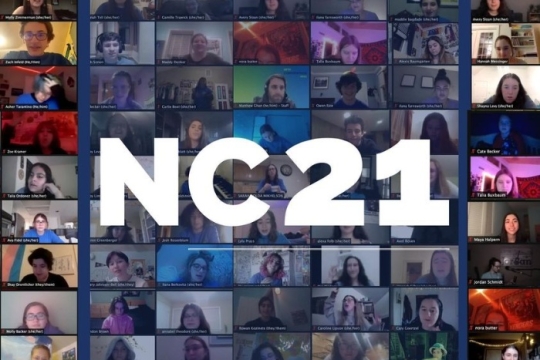
Connecting During COVID: NFTY Convention 2021
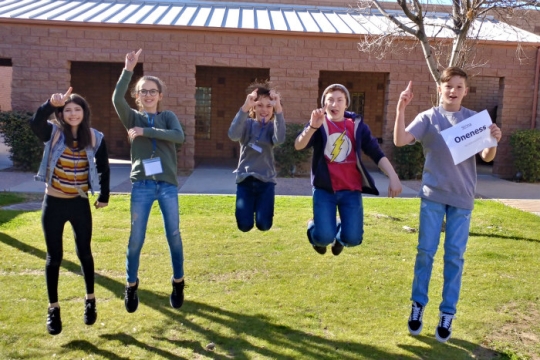
"Like Dawn Skimming the Horizon": Riding the Changes in NFTY (Part 2)
